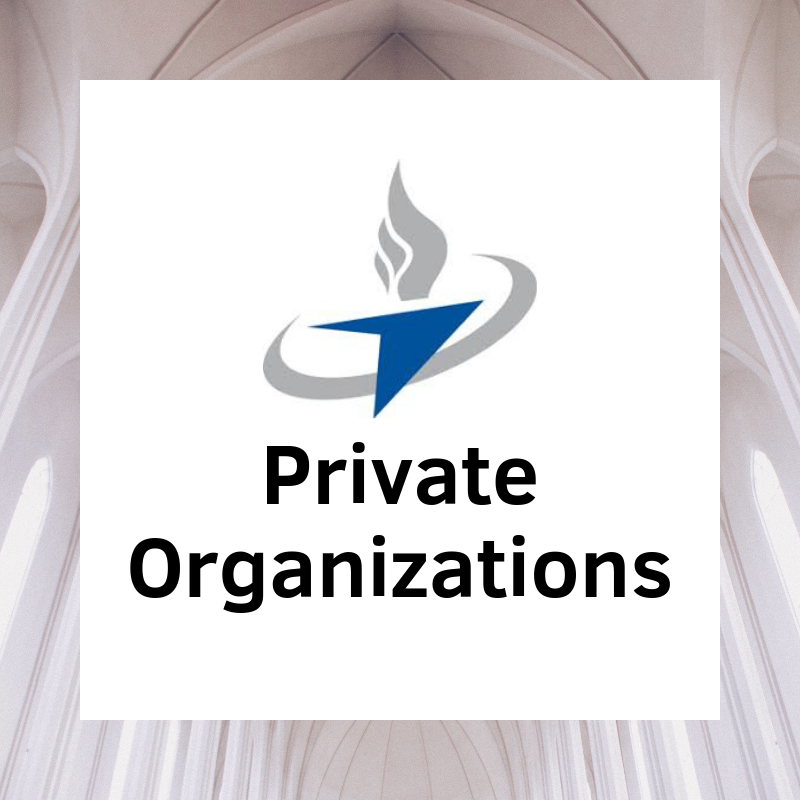Unprofessional Relationships
“Unprofessional relationships” is a term used to describe personal interaction that results in or reasonably creates the appearance of favoritism, misuse of position or authority, or the abandonment of organizational goals for personal interests.
Depending on the frequency of the activity or the absence of official purpose, the following may be perceived as unprofessional:
Shared living accommodations
Vacations
Transportation
Off-duty interests
"Fraternization” is an unprofessional relationship between an officer and an enlisted member that violates the customary bounds of acceptable behavior in the military service.
Officers will not do the following with enlisted members:
Gamble
Lend money to, borrow money from, or become indebted
Engage in sexual relations or date
Share living accommodations (except when military operations require)
Engage on a personal basis in business enterprises with, or solicit or make solicited sales
Special considerations arise for traditional National Guard members. When members are not on active duty, full-time Guard duty, or inactive duty training, commanders and supervisors should tailor application and enforcement of the regulation to the unique situations that arise from part-time service.
When an unprofessional relationship is discovered, commanders should take the least severe action necessary to terminate the unprofessional aspect of the relationship, including:
Counseling
Reprimand
Removal from position
Reassignment
Demotion
Delay of promotion
Adverse comments in performance reports
Separation
More serious cases may warrant nonjudicial punishment and even trial by court-martial.
When appropriate, an order to cease the relationship should be given.
Instances of actual favoritism, partiality, or misuse of position may constitute independent violations of the Uniform Code of Military Justice, state military justice codes, or the Joint Ethics Regulation.





















